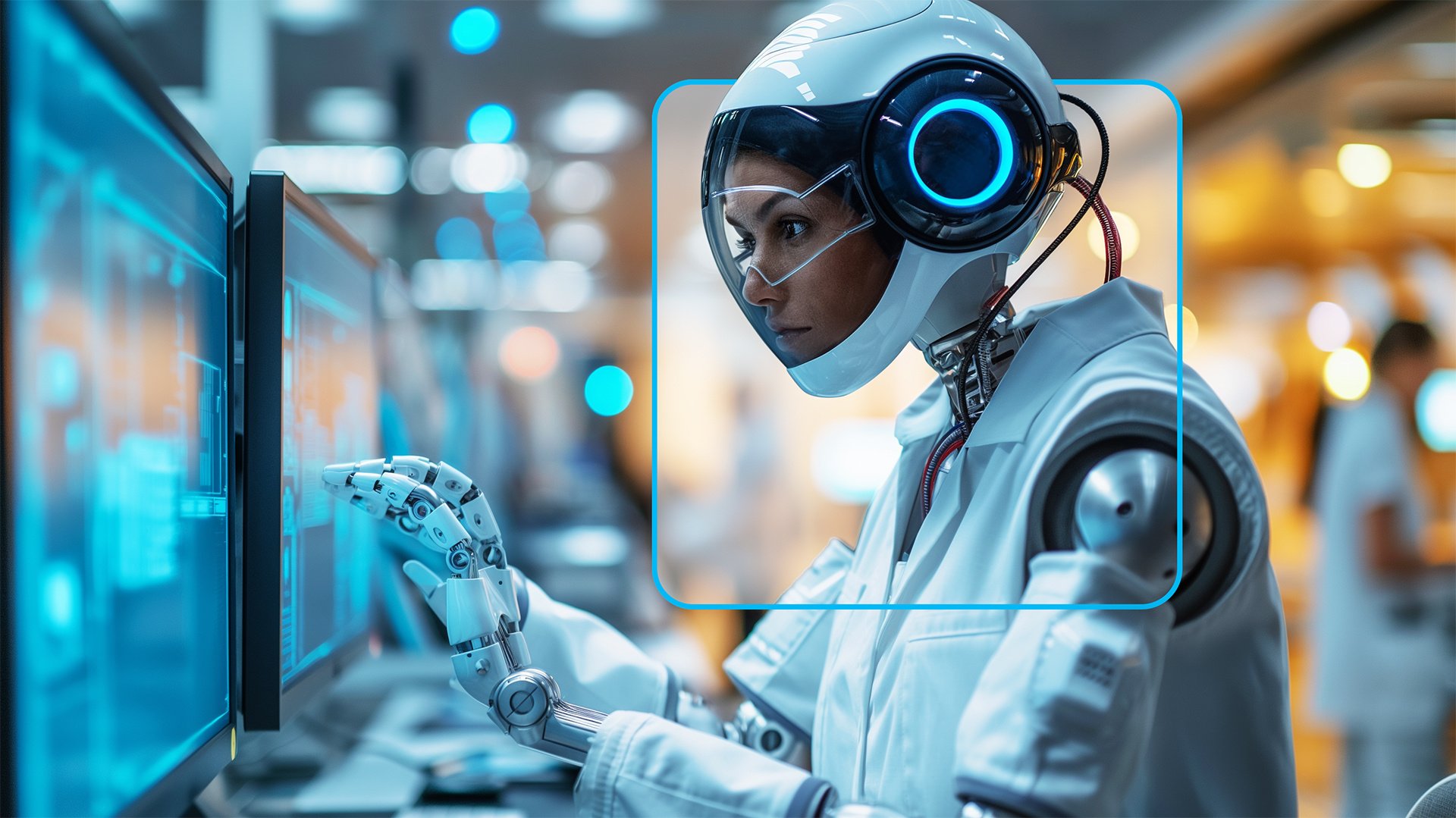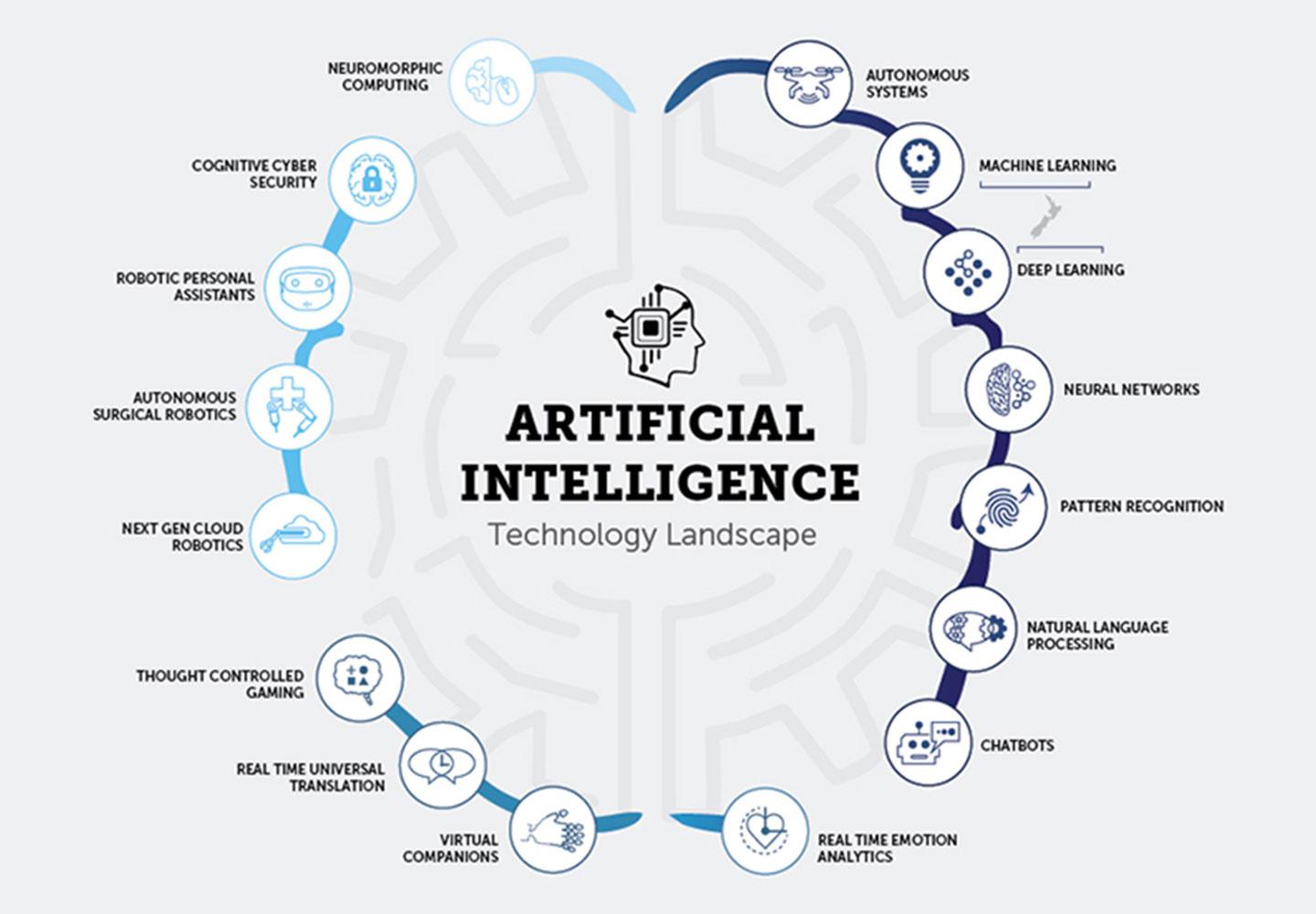Lower-cost AI tools could reshape tasks by offering more employees access to the technology.
- Companies like DeepSeek are establishing low-priced AI that might assist some workers get more done.
- There could still be threats to employees if companies turn to bots for easy-to-automate jobs.
Cut-rate AI may be shocking industry giants, but it's not likely to take your task - at least not yet.
Lower-cost techniques to establishing and training synthetic intelligence tools, from upstarts like China's DeepSeek to heavyweights like OpenAI, will likely enable more individuals to latch onto AI's performance superpowers, industry observers informed Business Insider.
For numerous employees worried that robotics will take their tasks, that's a welcome development. One scary prospect has actually been that discount rate AI would make it easier for companies to swap in inexpensive bots for costly humans.
Of course, that might still occur. Eventually, the technology will likely muscle aside some entry-level workers or those whose roles mainly include recurring jobs that are simple to automate.
Even greater up the food cycle, personnel aren't always totally free from AI's reach. Salesforce CEO Marc Benioff said this month the company might not work with any software engineers in 2025 since the company is having a lot luck with AI representatives.
Yet, broadly, for pyra-handheld.com many workers, lower-cost AI is likely to broaden who can access it.
As it becomes more affordable, it's easier to integrate AI so that it becomes "a sidekick instead of a danger," Sarah Wittman, an assistant professor of management at George Mason University's Costello College of Business, told BI.
When AI's rate falls, bytes-the-dust.com she said, "there is more of a prevalent acceptance of, 'Oh, this is the way we can work.'" That's a departure from the state of mind of AI being a costly add-on that employers might have a hard time justifying.
AI for all
Cheaper AI might benefit workers in areas of a business that frequently aren't seen as direct earnings generators, Arturo Devesa, primary AI designer at the analytics and data business EXL, told BI.
"You were not going to get a copilot, maybe in marketing and HR, and now you do," he said.
Devesa stated the course revealed by business like DeepSeek in slashing the cost of developing and carrying out large language models alters the calculus for employers choosing where AI might settle.
That's because, pattern-wiki.win for the majority of big business, such decisions factor in expense, accuracy, and speed. Now, with some expenses falling, the possibilities of where AI might reveal up in an office will mushroom, Devesa said.
It echoes the axiom that's unexpectedly all over in Silicon Valley: "As AI gets more effective and available, we will see its usage skyrocket, turning it into a commodity we just can't get enough of," Microsoft CEO Satya Nadella composed on X on Monday about the so-called Jevons paradox.
Devesa said that more productive employees will not necessarily minimize need for people if employers can establish new markets and brand-new sources of earnings.
Related stories
AI as a product
John Bates, CEO of software application business SER Group, informed BI that AI is becoming a product much quicker than anticipated.
That suggests that for tasks where desk workers may require a backup or someone to confirm their work, low-priced AI may be able to step in.

"It's excellent as the junior understanding employee, the thing that scales a human," he said.
Bates, a previous computer technology teacher at Cambridge University, stated that even if a company already prepared to utilize AI, the reduced costs would increase roi.

He also stated that lower-priced AI might provide little and medium-sized organizations easier access to the technology.
"It's simply going to open things up to more folks," Bates said.

Employers still require people
Even with lower-cost AI, people will still belong, said Yakov Filippenko, menwiki.men CEO and founder of Intch, which helps experts discover part-time work.
He said that as tech companies compete on price and drive down the expense of AI, many companies still won't be excited to get rid of workers from every loop.

For instance, Filippenko said business will continue to need developers due to the fact that somebody needs to verify that new code does what an employer desires. He stated business hire recruiters not simply to complete manual labor; bosses also desire a recruiter's viewpoint on a prospect.
"They spend for trust," Filippenko stated, referring to companies.
Mike Conover, CEO and founder of Brightwave, wiki.lafabriquedelalogistique.fr a research platform that utilizes AI, told BI that a good portion of what individuals perform in desk jobs, in particular, includes jobs that could be automated.
He said AI that's more commonly offered due to the fact that of falling costs will enable human beings' creative abilities to be "released up by orders of magnitude in regards to the elegance of the problems we can resolve."
Conover believes that as costs fall, AI intelligence will also infect even more locations. He said it belongs to how, decades back, the only motor in a vehicle might have been under the hood. Later, as electric motors shrank, they revealed up in places like rear-view mirrors.
"And now it's in your tooth brush," Conover said.
Similarly, Conover said universal AI will let specialists create systems that they can customize to the requirements of tasks and workflows. That will let AI bots deal with much of the dirty work and enable workers going to try out AI to handle more impactful work and maybe shift what they have the ability to concentrate on.








